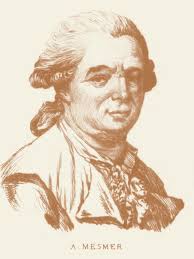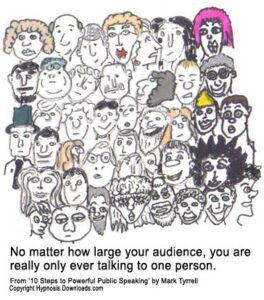Hypnotic healing has been around since the dawn of human civilization, and it is fascinating to look back at its origins and evolution. In Ancient Egypt, priests used hypnotic techniques to treat physical and mental ailments. In Ancient Greece, hypnosis was used for medical purposes and even for entertainment. During the 18th century, Franz Anton Mesmer popularized the concept of “animal magnetism” which involved using magnets to induce a trance-like state in his patients.
In modern times, hypnosis is still practiced for medical and therapeutic purposes. Hypnosis can be used to treat a variety of conditions such as depression, anxiety, addiction, pain relief, and headaches. It can also help improve sports performance and concentration. Additionally, hypnosis has been employed in a variety of settings, including dentistry and childbirth.
Hypnosis is a safe, natural form of healing that can provide significant relief from issues such as stress or pain without the use of drugs or other invasive treatments. The goal of hypnotherapy is to create deep relaxation while enabling access to the subconscious mind so that the patient can focus on positive thought patterns and behaviors that will ultimately aid in resolving whatever issue they are facing.
By understanding its history and evolution, we can better appreciate the power of hypnotic healing today. Whether you are seeking relief from physical or mental ailments or simply want to improve your performance in some area of your life, hypnotherapy may be an effective tool for you.
The history of hypnosis is often thought of in terms of its use in stage hypnosis. This was popularized in the late 1800s and early 1900s by people like Franz Mesmer and Edmund Jacobson. However, the history of hypnosis goes back much further than that.
There are references to hypnosis in ancient texts from Egypt, Greece, and Rome. The word “hypnosis” itself comes from the Greek word “Hypnos,” which means sleep. But these ancient references are more likely to be referring to what we would now call naturalistic trance states. That is, states of mind that can be induced by things like meditation, chanting, or prayer.
It wasn’t until the late 18th century that hypnosis began to be studied scientifically. And it wasn’t until the 19th century that it began to be used as a tool for healing. One of the early pioneers in the use of hypnosis for healing was James Braid. Braid was a Scottish physician who coined the term “hypnosis” in 1843. He initially believed that hypnosis was a form of sleep, but he later revised his theory to say that it was a state of focused attention.
Braid began using hypnosis to treat patients with conditions like hysteria and neurasthenia (a condition characterized by fatigue and anxiety). He found that it was often successful in reducing symptoms and helping patients to recover from their illnesses.
Today, hypnosis is used to treat a wide range of conditions, including pain, anxiety, phobias, and addictions. While its exact mechanism of action is still not fully understood, there is no doubt that it can be a powerful tool for healing.
Hypnosis has been studied extensively, and modern research supports its efficacy in numerous instances. Studies have indicated that hypnosis can help people to reduce stress, improve focus, and increase confidence. It is often used in conjunction with other therapies to help clients make lasting changes.
It is exciting to witness the continuous advances in the healing power of hypnosis and its methods. With the scientific community recognizing its efficacy, more people are beginning to experience the power of hypnosis for themselves. As we continue to learn about the history of hypnosis, we can better understand its potential for healing and helping people heal from physical and mental issues.
Ultimately, hypnosis is a powerful tool that has been used for centuries and will continue to be utilized in modern times. When it comes to hypnosis, the jury is still out on its efficacy. However, its history is fascinating, and there is no denying its potential power. Whether you believe in its ability to heal or not, hypnosis is a fascinating topic, and one worth exploring further.



